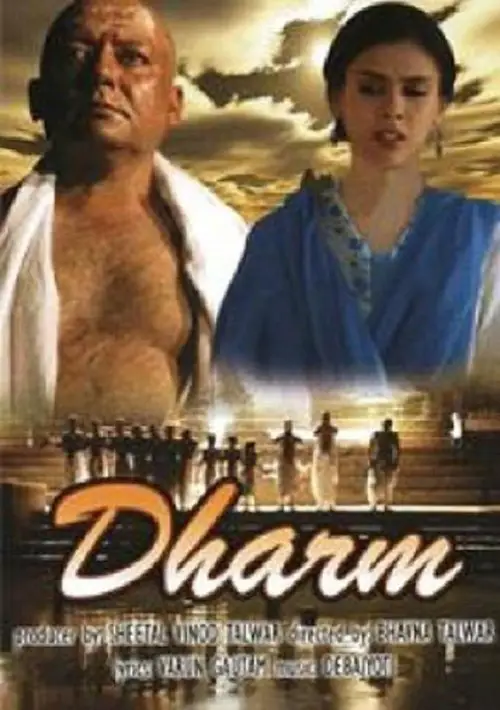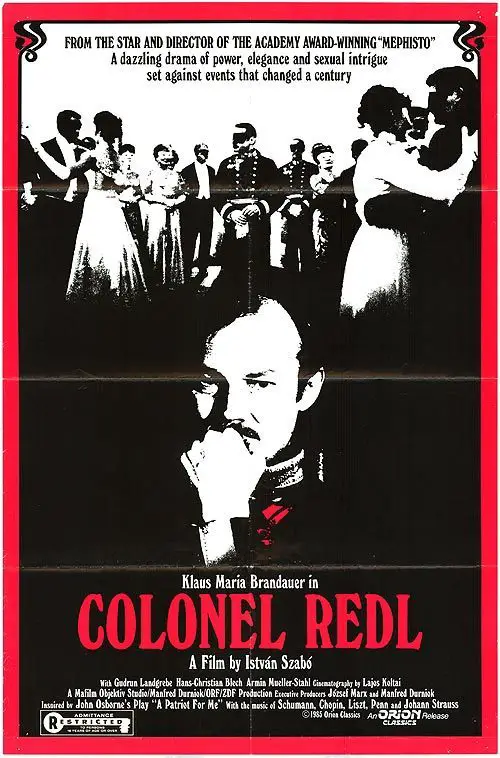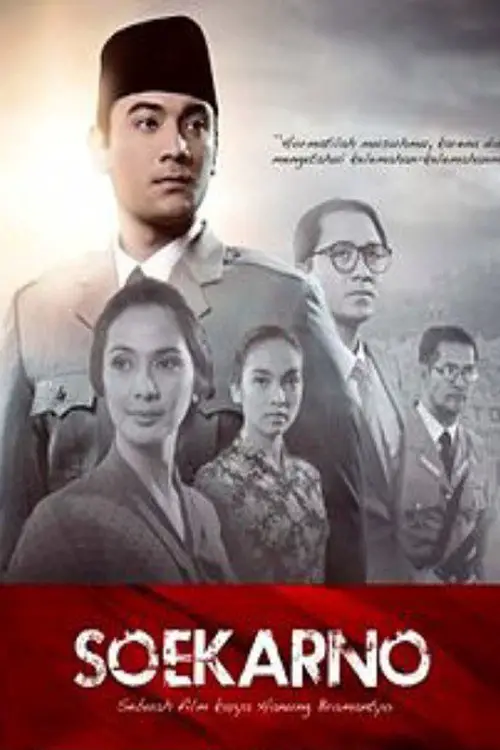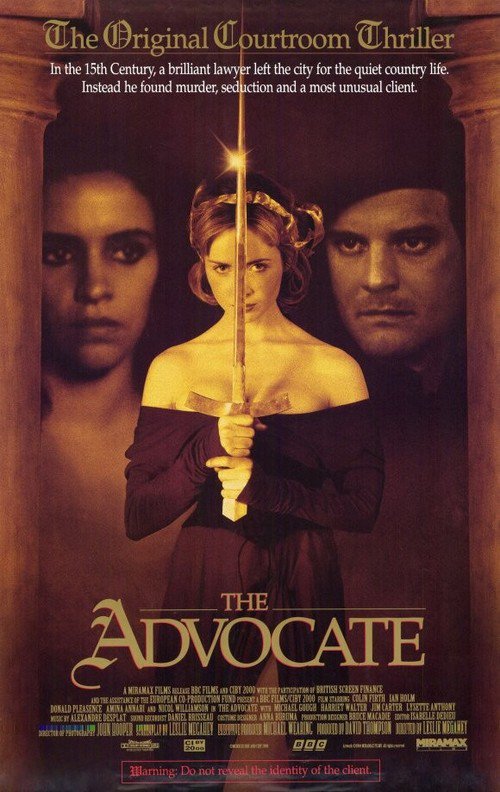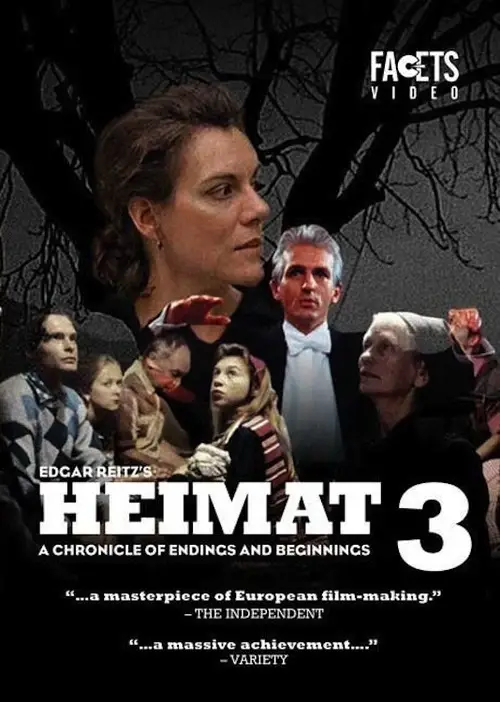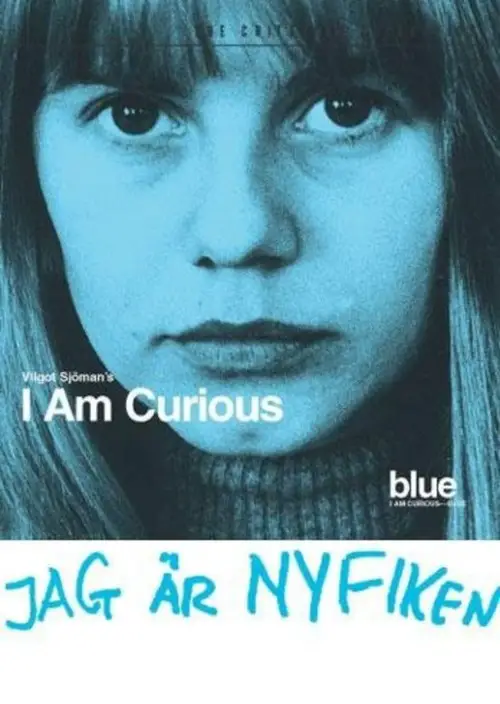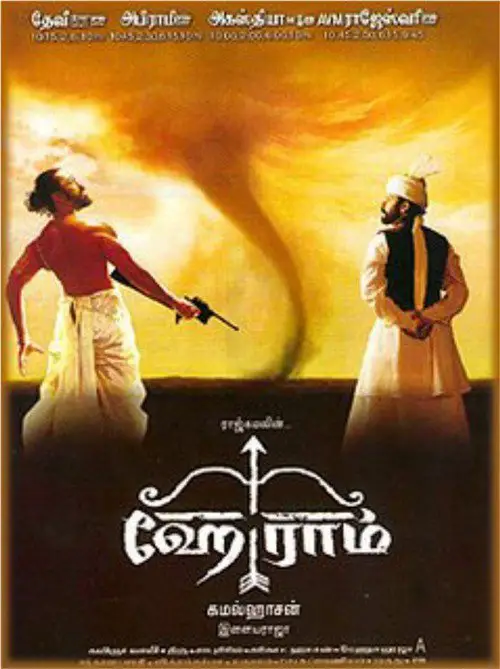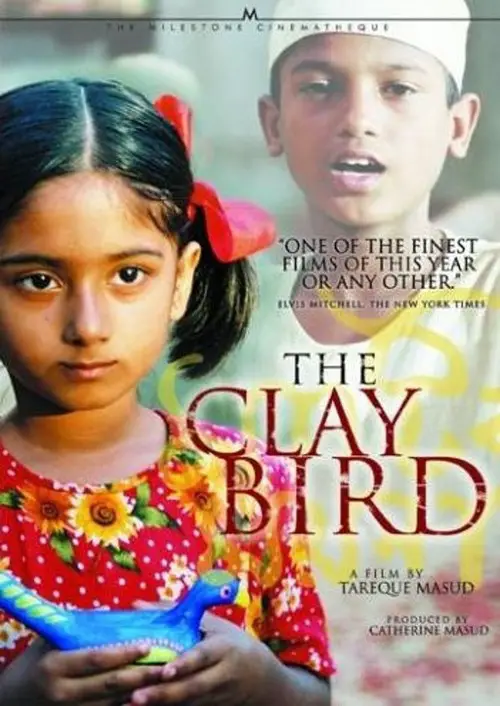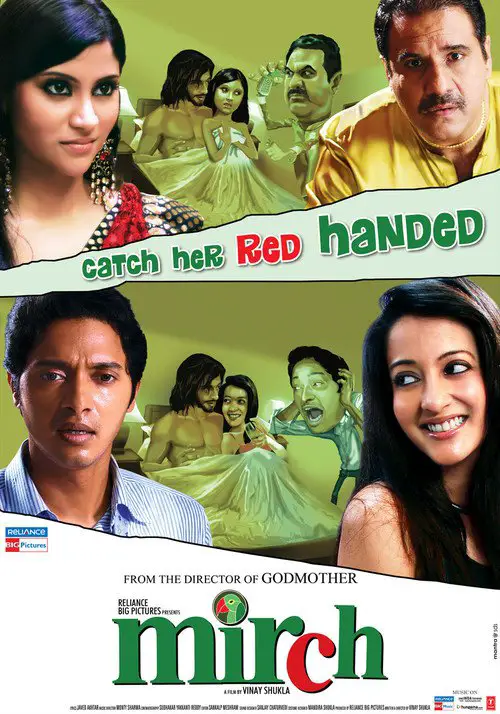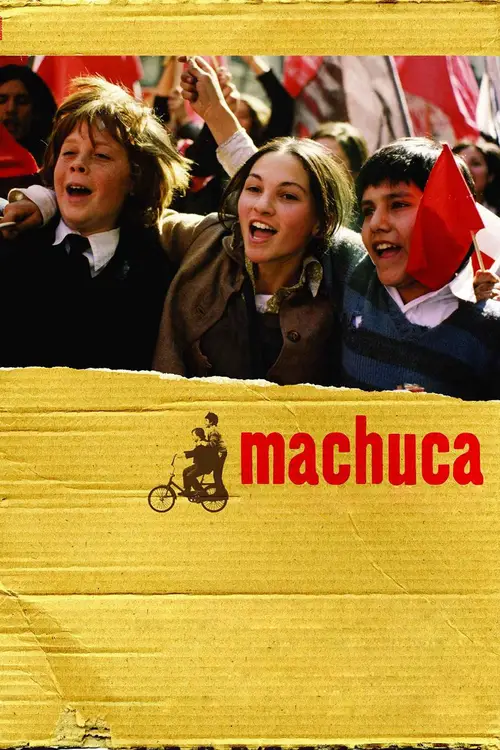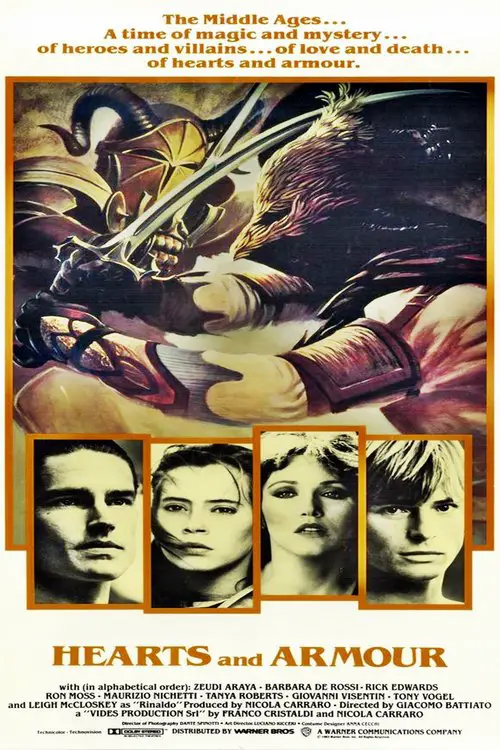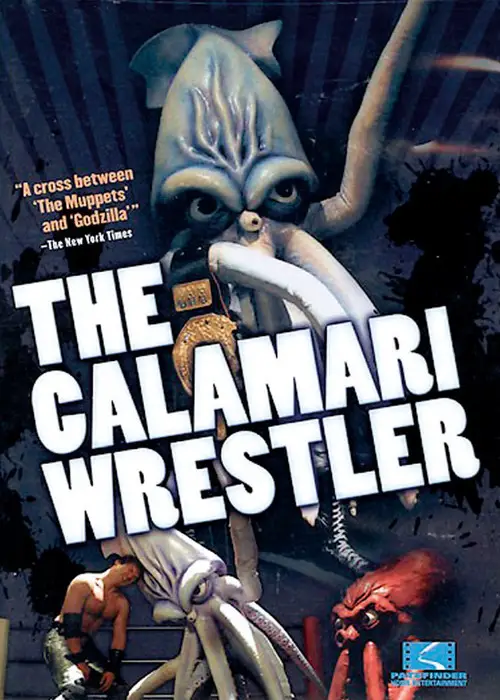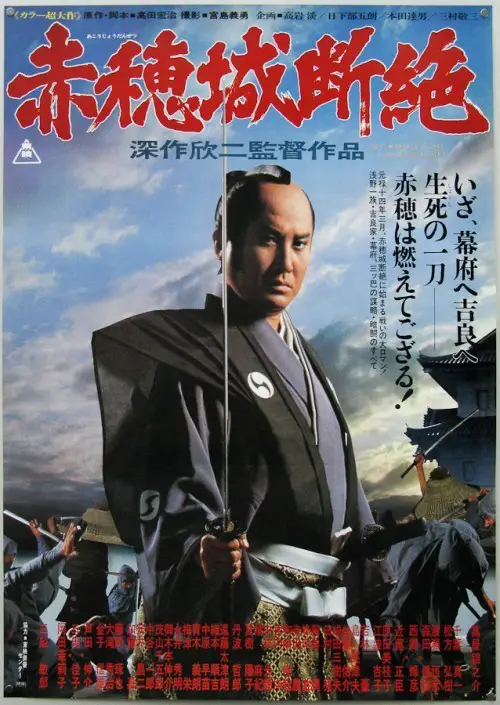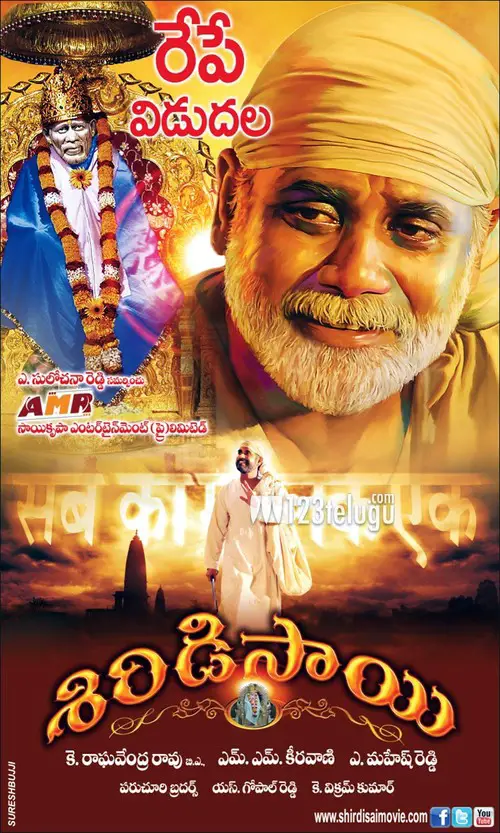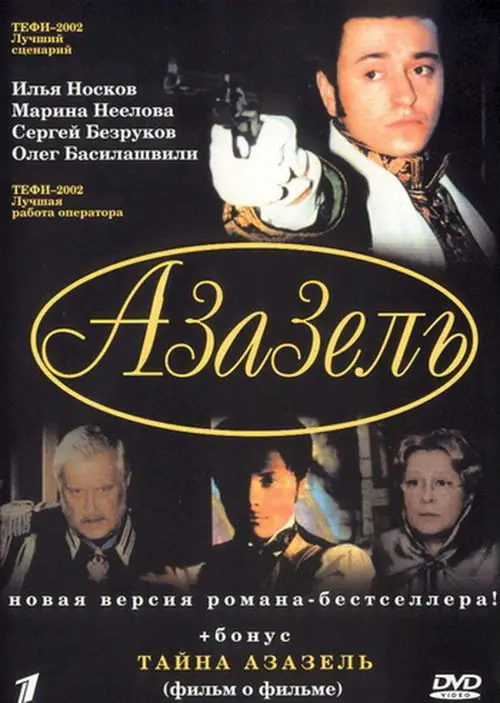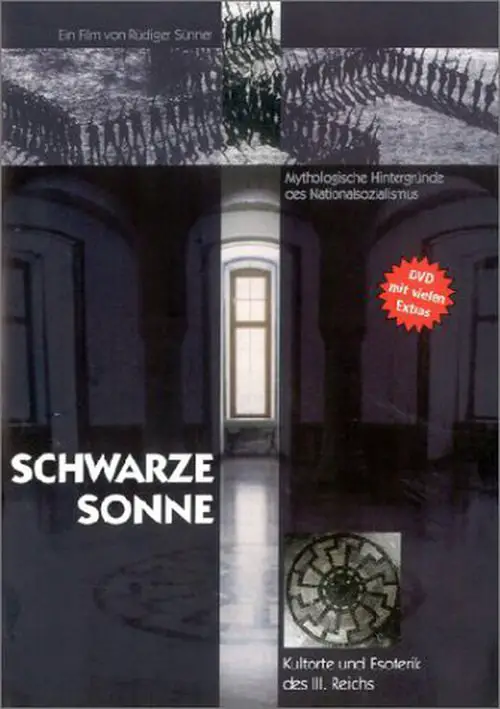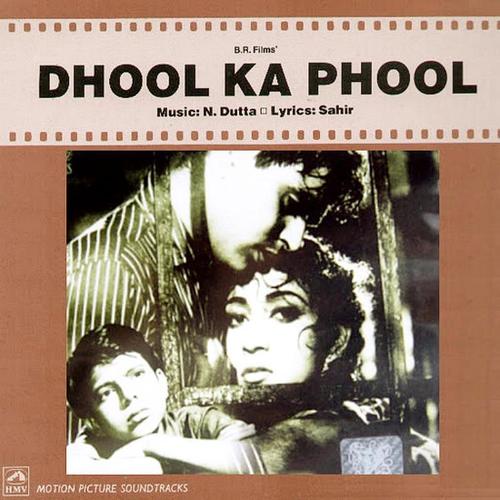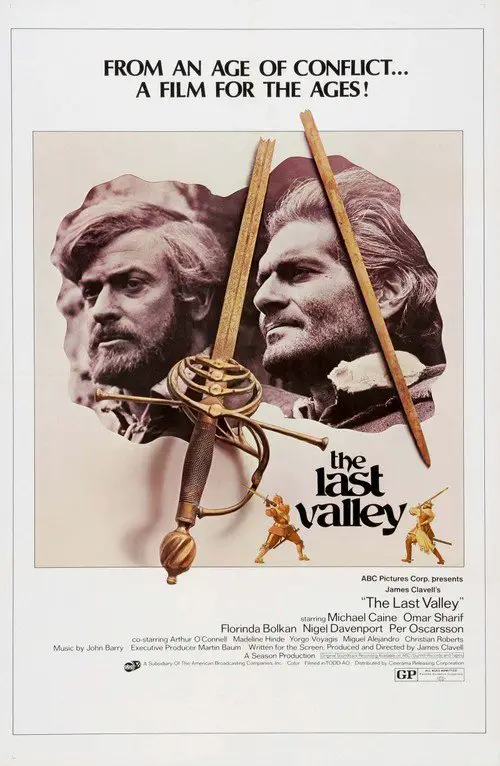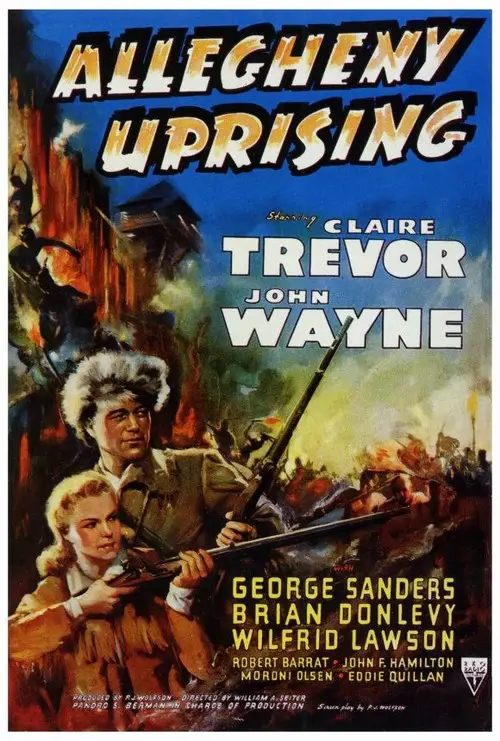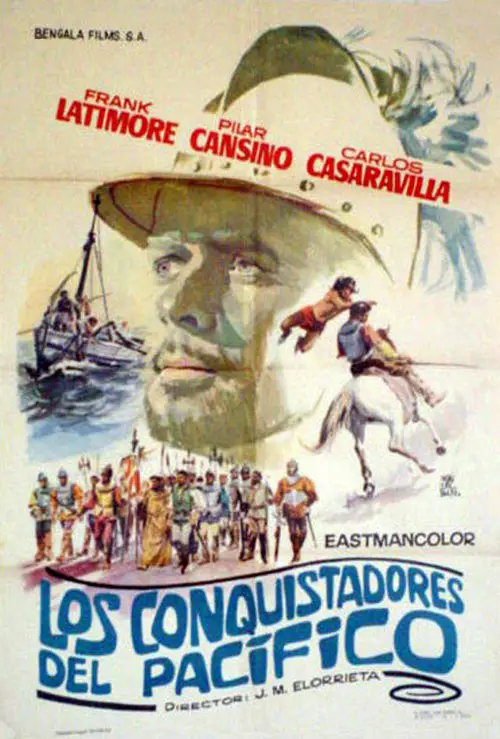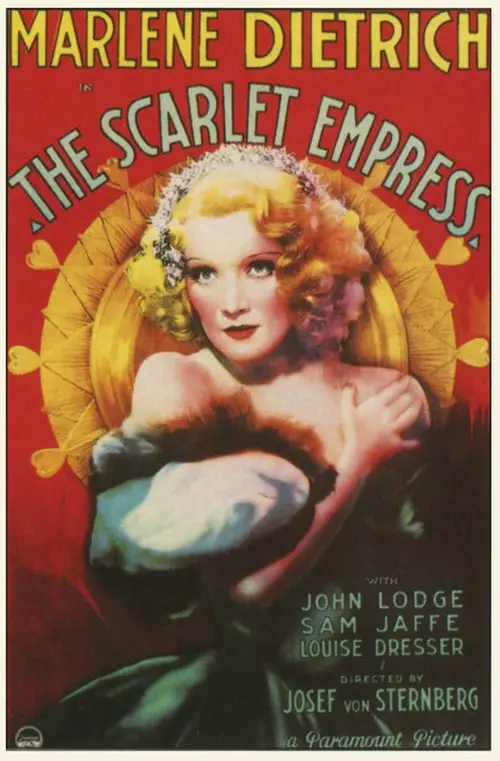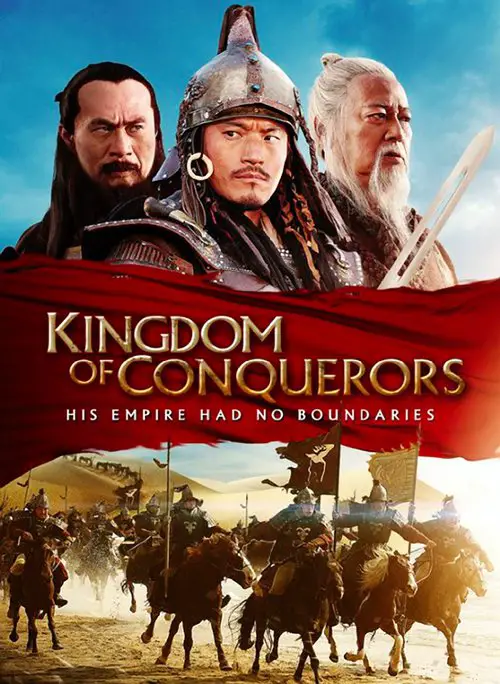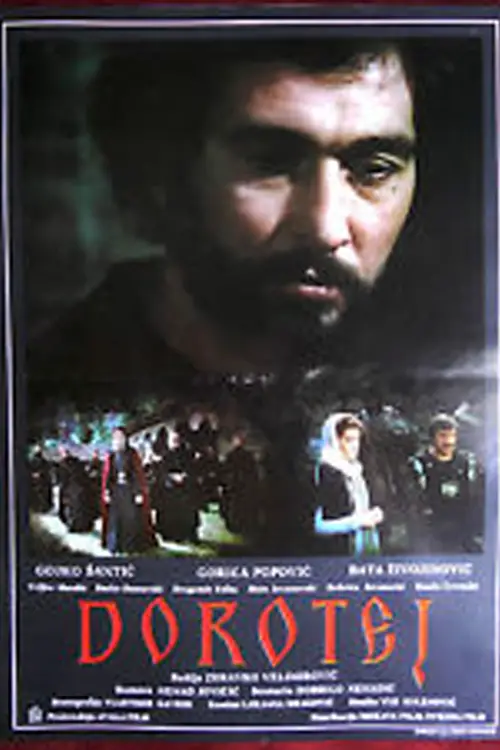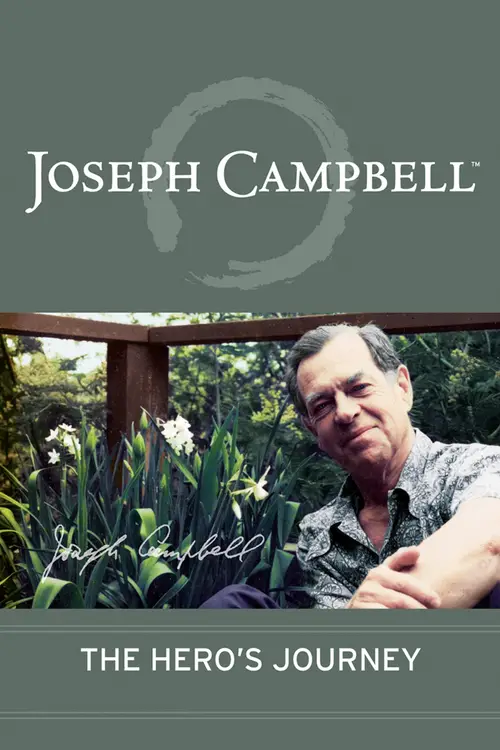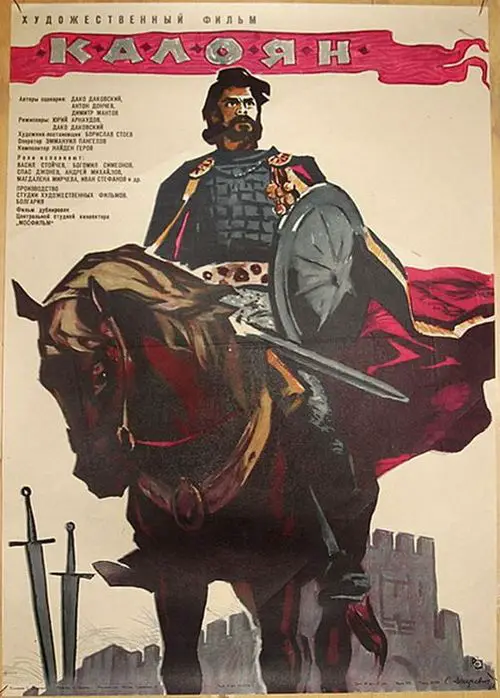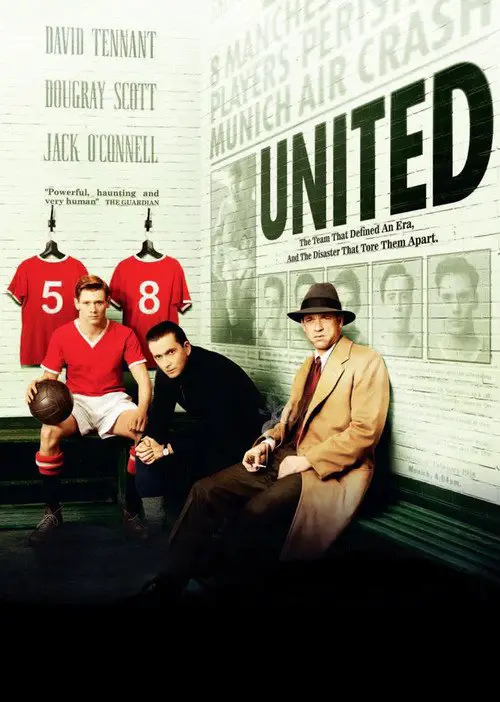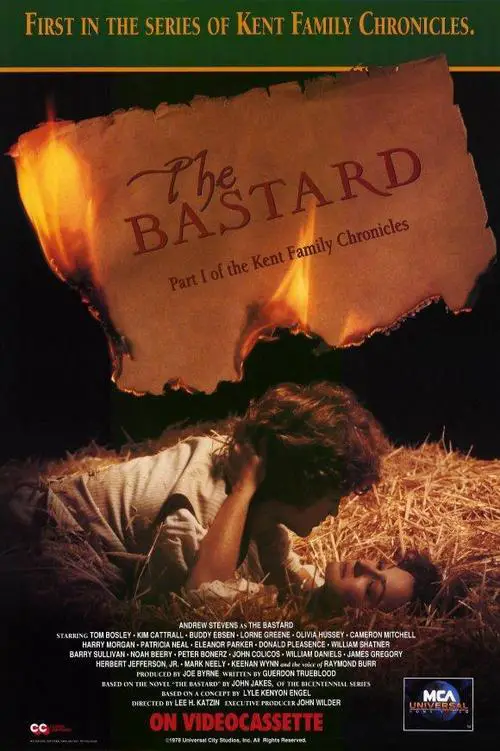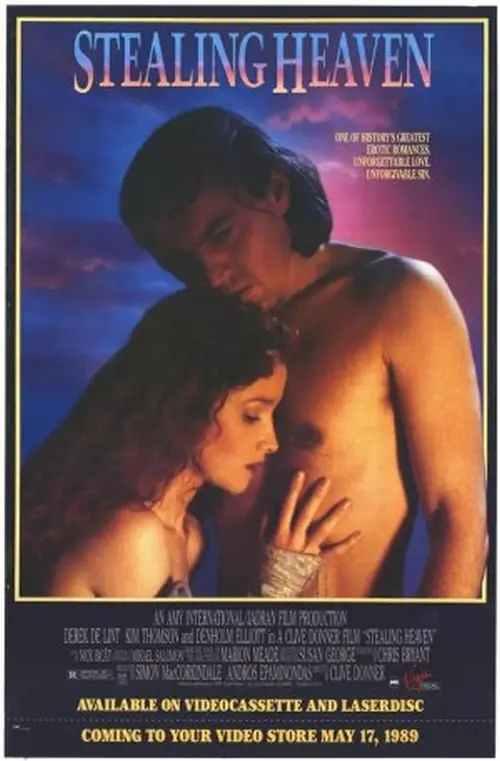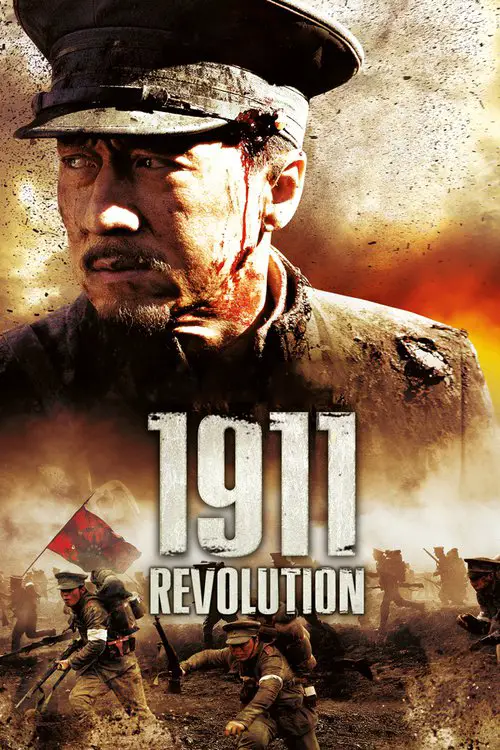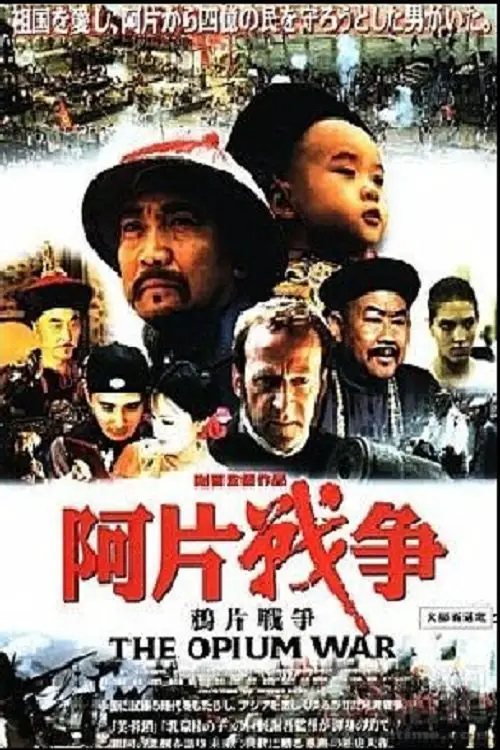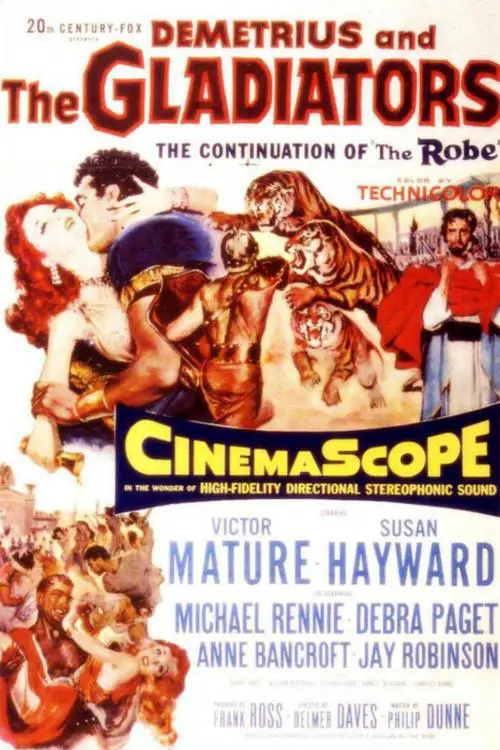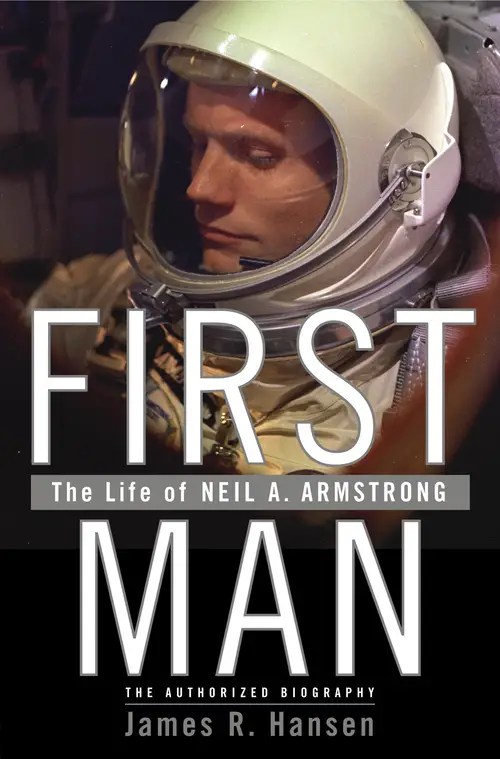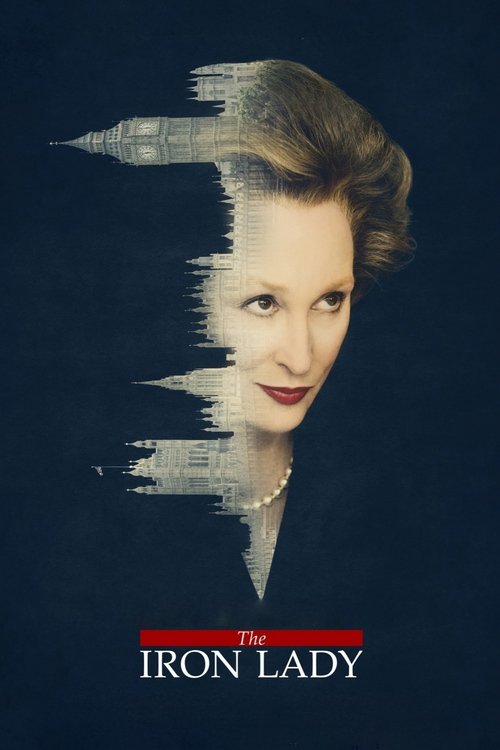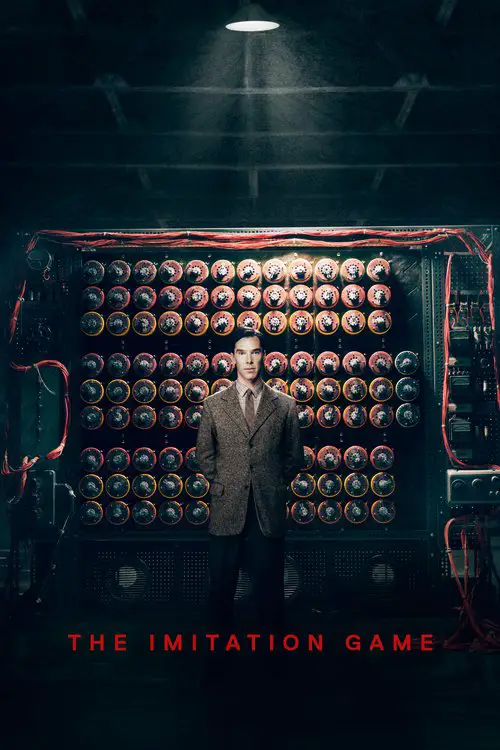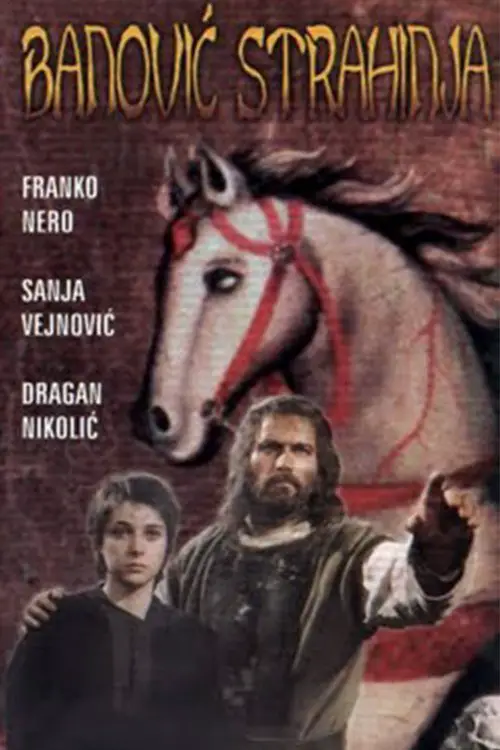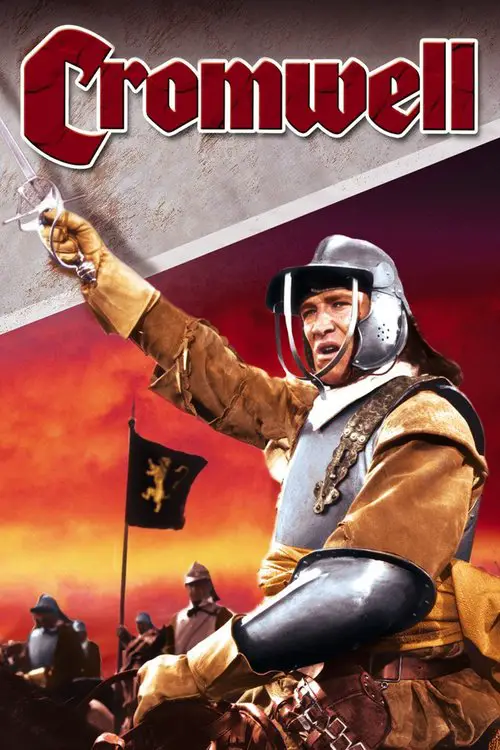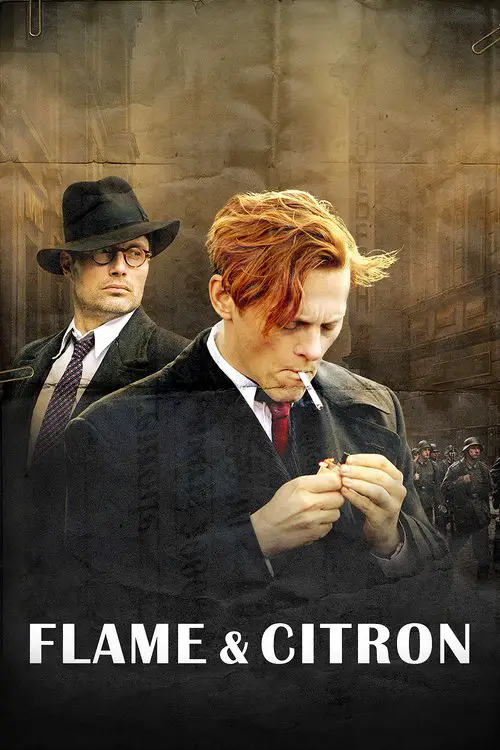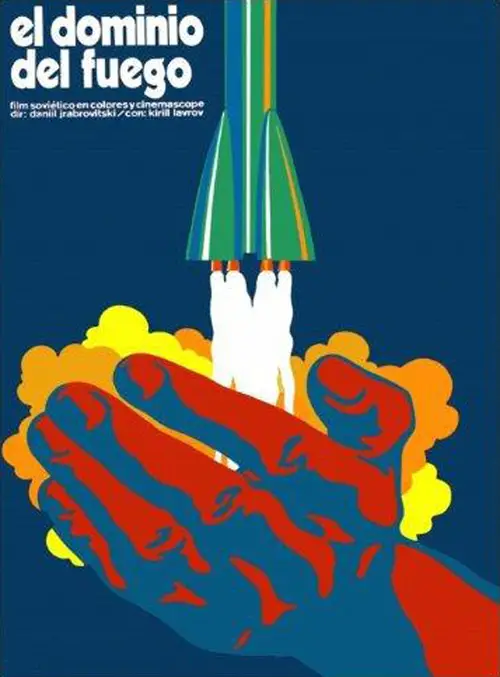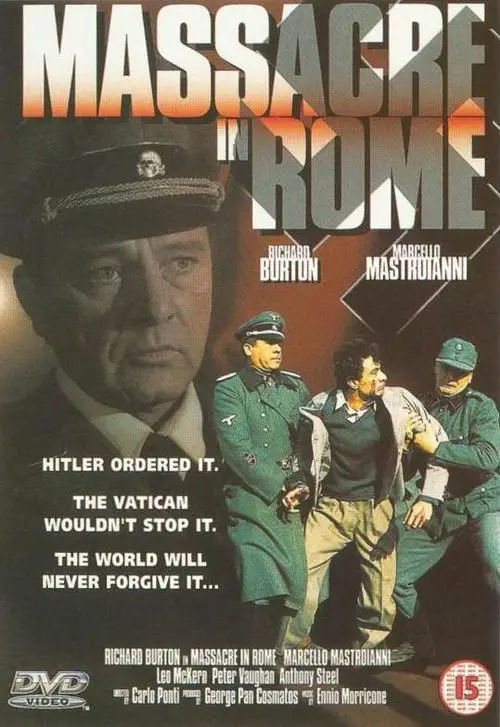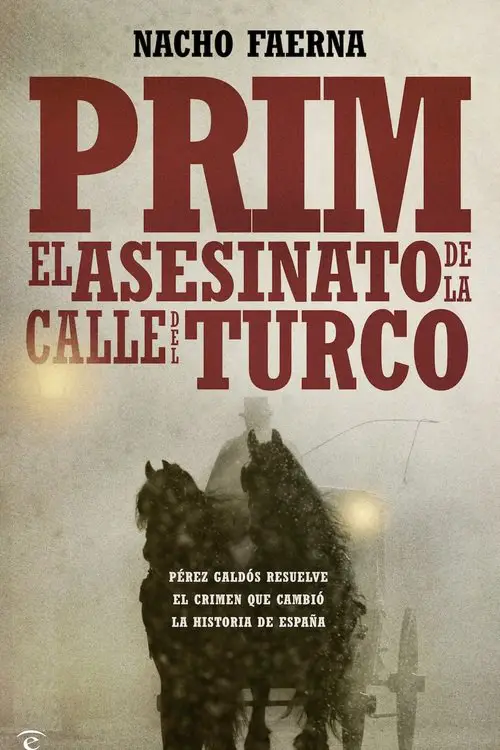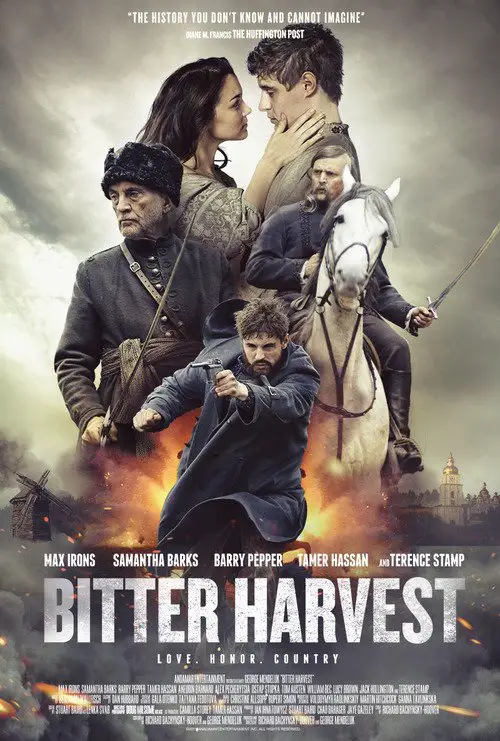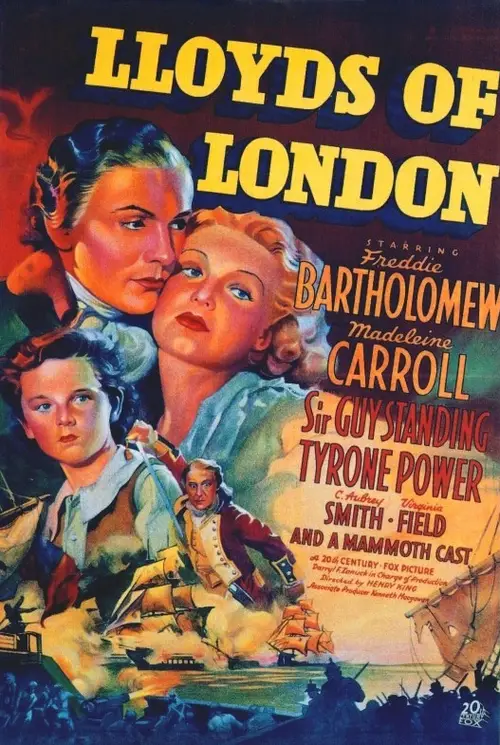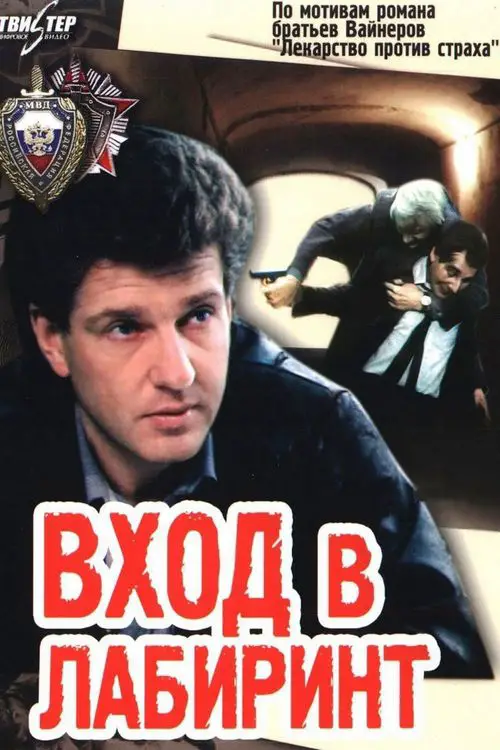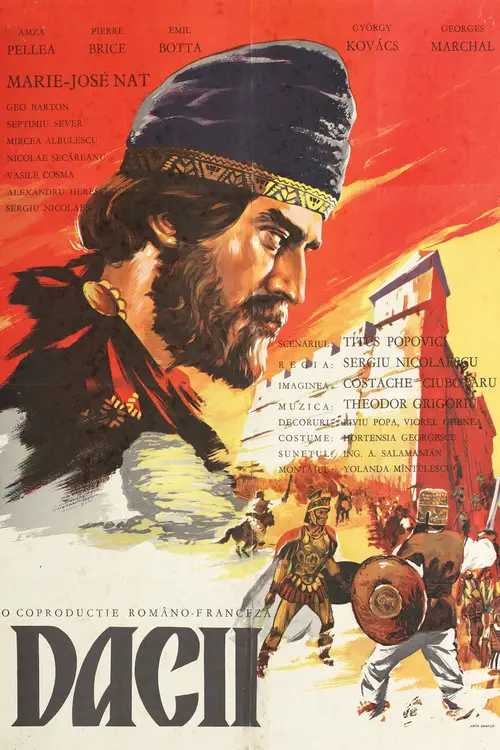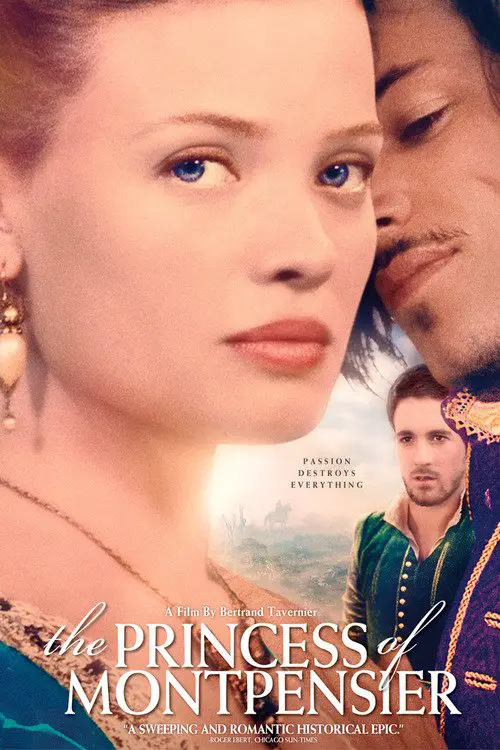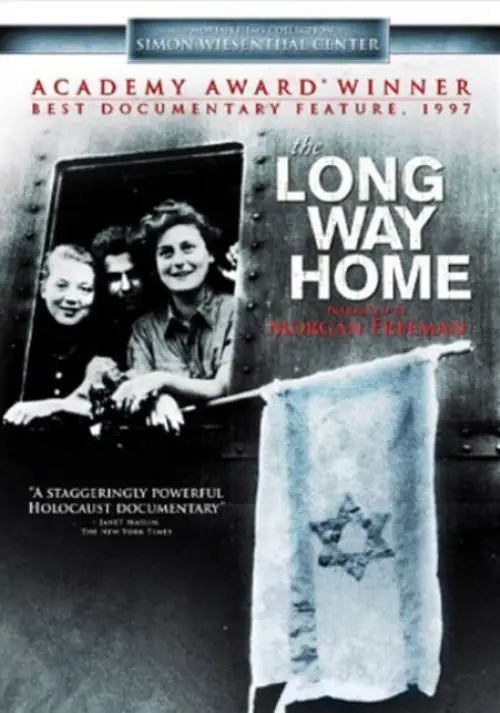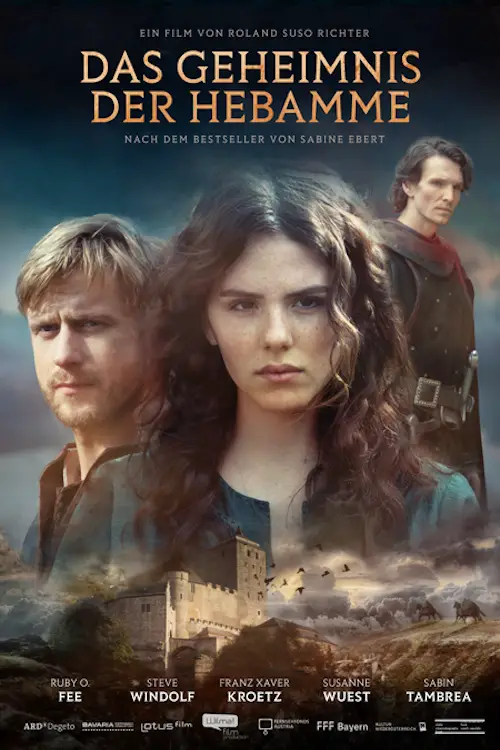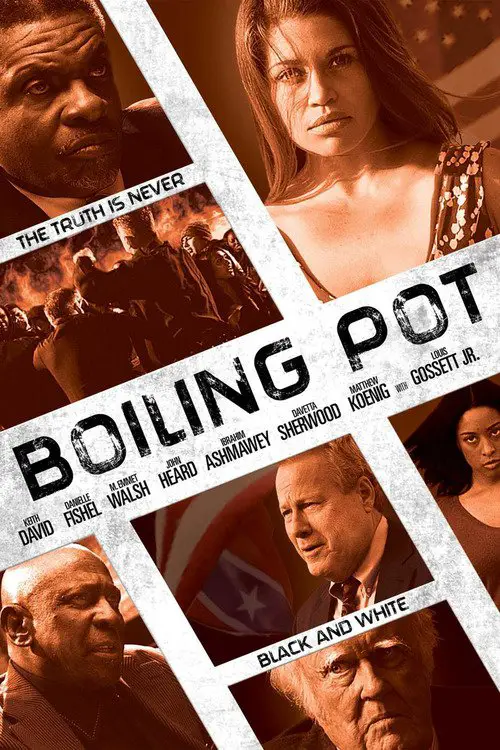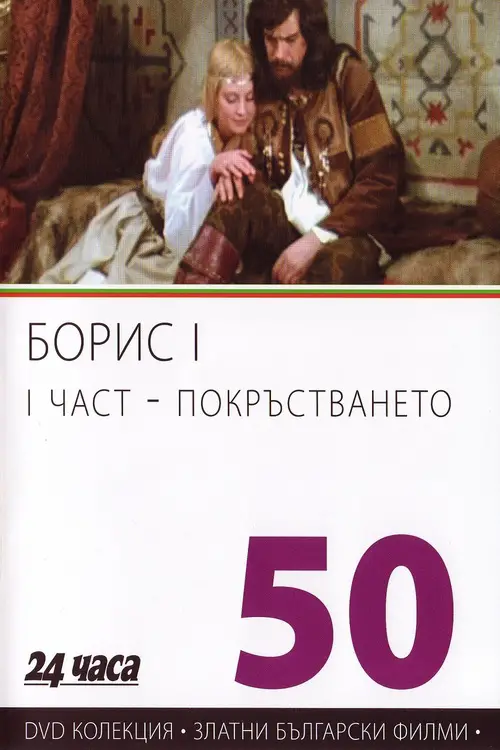Cotolay (1966)
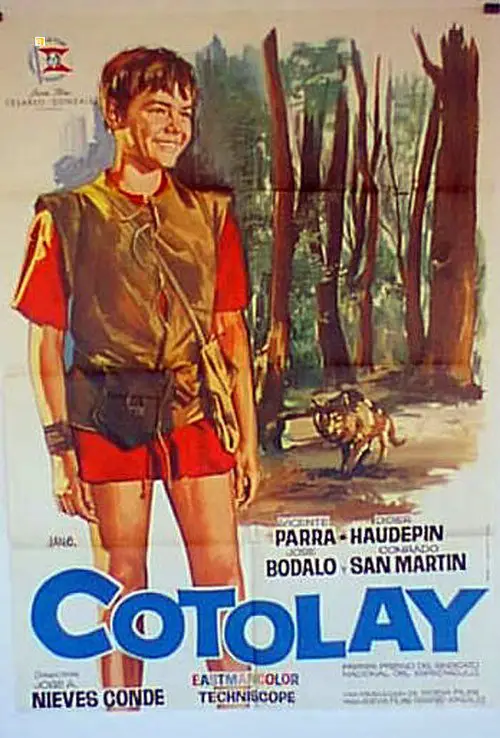
Similar movies
The story is based in Banaras and is about a Hindu Priest Chaturvedi (Pankaj Kapoor) who follows the scriptures to practice Hindu religion. When a child is abandon by a woman and brought in his house by his daughter - after initial hesitation but due to requests from his wife (Supriya Pathak) - the family adapts the child; only to know after 4 years that the child is a Muslim. The family gives away the child and Chaturvedi engulfs himself in the purification process to cleanse his body, mind and soul due to contact with a Muslim soul. By the time, Chaturvedi thinks he is fully purified â the child reappears â seeking refuge, due to Hindu- Muslim riots. This is the time Chaturvedi finally realizes that the true religion is - religion where humans help humans â humanity.
1942, The Nederlands(ch)-Indië Government in Java Island captured Soekarno, an aspiring young man who wants to free Indonesia from colonialism. He was then put in Banceuy Prison at Bandung, Indonesia. Instead of lamenting, Soekarno found a way to fight back by delivering his famous defence oration "Indonesi Acccuse!" in his trial at Bandung Laandraad Courthouse. This story follows the life of Soekarno, Republic of Indonesia's first president, from his childhood until he managed to proclaimed Indonesian freedom with M. Hatta.
Bizarre black comedy about 15th-century Paris lawyer Richard Courtois (Firth) who decides to ply his trade in the country, only to find things stranger than he can imagine. His first case turns out to be defending a pig that's accused of murdering a child. And the pig is owned by beautiful gypsy Samira (Annabi), so the idealistic lawyer can fall in love (or lust). There's religion and superstition, there's power struggles, there's ignorance versus knowledge--things sound very modern indeed.
Heimat 3 is the third cycle of Edgar Reitz's monumental Heimat series, which premiered at the 2004 Venice Film Festival. The third Heimat completes the trilogy and brings together particularly the settings of Heimat 1. It follows the new generation of the Simon family, in a period spanning from 1989 to 2000. Germany changed dramatically in this period, and Reitz cleverly reflects the historical events through the charactersâ lives.
The same movie with the same characters, cast and crew as I am Curious (Yellow), but with some different scenes and a different political slant. The political focus in Blue is personal relationships, religion, prisons and sex. Blue omits much of the class consciousness and non-violence interviews of the first version. Yellow and Blue are the colors of the Swedish flag.
Lakshya is a 2004 Bollywood film directed by Farhan Akhtar, with stars Hrithik Roshan, Preity Zinta, Amitabh Bachchan, Om Puri and Boman Irani. Roshan plays the role of Lieutenant (later Acting Captain) Karan Shergill, who leads his team (initially 12, falling to 6 members) to victory over the Pakistani troops. It is a fictional story based on the historical events of the 1999 Kargil Conflict.
Set against the backdrop of the turbulent period in the late 60's leading up to Bangladesh's independence from Pakistan, MATIR MOINA (The Clay Bird) tells the story of a family torn apart by religion and war. A young boy, Anu, is sent off to a strict Islamic school, or madrasa, by his deeply religious father Kazi. As the political divisions in the country intensify, an increasing split develops between moderate and extremist forces within the madrasa, mirroring a growing divide between the stubborn but confused Kazi and his increasingly independent wife. Touching upon themes of religious tolerance, cultural diversity, and the complexity of Islam, MATIR MOINA has universal relevance in a crisis-ridden world.
Maanav is a struggling filmmaker who will not compromise on the script he has written. His girlfriend Ruchi, a successful film editor, arranges for him to meet film producer Nitin, who is not very convinced about Maanav's script. Maanav then suggests four stories on infidelity, woven together by a common story. The film itself echoes this structure, with four stories mingling with the main narrative
Bradamante, a woman wearing an invincible suit of armor, is travelling the countryside at the time of the Crusades. After ending up in the middle of a web of romantic and cultural tangles, she finds herself in love with a Moor prince, while one of the Christian knights has fallen in love with a Moor princess. Others, however, are against the cross-cultural romance, and Bradamante's love is soon forced into a duel to the death. Will she ever be with her true love? Written by Jean-Marc Rocher
This wild comedy pokes fun at the world of pro-wrestling by placing its accomplished wrestler protagonist Koji Taguchi against a giant squid known as the Calamari Wrestler. The Calimari Wrestler not only proves to be Koji's most difficult opponent yet, but also has an effect on several people's personal lives when he becomes the unlikely object of a young girl's affection.
This is the story of "The Forty-Seven Ronin." Based on historical events in 1701 -- 1702, the movie tells the tale of the Asano clan's downfall and the revenge of its former samurai on the perpetrator of the catastrophe. Lord Asano was goaded, or tricked, into drawing his sword inside the Shogun's palace -- a crime which carried the death penalty. The newly installed Shogun was furious at Asano and ordered all his clan's assets seized, meaning some 20,000 samurai and commoners were unemployed and landless at a stroke. Forty-seven of these ronin (masterless samurai) banded together to take revenge on Lord Kira, who had goaded Asano into drawing his sword. They bide their time for a year and a half. Disguising their intentions, they lead public lives of drunken dissipation, while planning in secret. They finally succeed in exacting their revenge against powerful odds, and then commit ritual suicide to atone for breaking the law.
The first of what Luis Buñuel later proclaimed a trilogy (along with The Discreet Charm of the Bourgeoisie and The Phantom of Liberty) about âthe search for truth,â The Milky Way (La voie lactee) daringly deconstructs contemporary and traditional views on Catholicism with ribald, rambunctious surreality. Two French beggars, present-day pilgrims en route to Spainâs holy city of Santiago de Compostela, serve as Buñuelâs narrators for an anticlerical history of heresy, told with absurdity and filled with images that rank among Buñuelâs most memorable (stigmatic children, crucified nuns) and hilarious (Jesus considering a good shave). A diabolically entertaining look at the mysteries of fanaticism, The Milky Way remains a hotly debated work from cinemaâs greatest skeptic.
Mr. Soh, a righteous man with a cold stare and fists of steel, returns to a lawless post-war Japan in 1946. He protects the weak, defends the poor and knocks some good sense into friends and enemies alike. Rapists and gangsters get the worst of it, as Mr. Soh builds up his school on the island of Shikoku.
Based on Boris Akunin's novel 'Azazel' (English title 'The Winter Queen') set in Moscow in 1876. The novel started a long series quite popular in Russia. In 'Azazel' a young police officer - Erast Fandorin - investigates an odd suicide of some rich young man and finds a complex conspiracy, trying to take over most European countries - from Britain to Ottoman Empire - with the best intentions, of course.
A historical analysis of how groups such as the Naziâs may use language, symbols, and religious connotation in order to come to power. It raises questions that deserve in depth analysis and consideration. Questions include: Where do legends expand our thinking and where do they bury it? When does spiritual pursuit suddenly turn into fanaticism and violence? Last, have we as a society learned from our past, and if so have forgotten the lessons of the 20th Century? Are we now embarking on a new level only to learn the same old lessons about humanity again? In addressing these questions we are taken into the back drop of the history of Germany beginning in the late 1800âs through the late 20th Century at the eve of the 21st. âA society that does not take archetypes, myths, and symbols seriously will possibly be jumped by them from behind.â
Dhool Ka Phool is a 1959 Indian Bollywood film. Produced by B. R. Chopra it was directed by BR's brother Yash Chopra, this being Yash's first movie as a director, having been an assistant director in BR's earlier film Naya Daur. The film stars Mala Sinha, Rajendra Kumar, Nanda, Leela Chitnis, Jeevan and Ashok Kumar.
The film is about the difficult situation in which the Pakistanis in particular and the Muslims in general are caught up since 9/11. There is a war going on between the Fundamentalists and the Liberal Muslims. This situation is creating a drift not only between the Western world and the Muslims, but also within the Muslims. The educated and modern Muslims are in a difficult situation because of their approach towards life and their western attire. They are criticized and harassed by the fundamentalists and on the other hand the Western world sees them as potential suspects of terrorism just because of their Muslim names.
Allegheny Uprising is a 1939 film produced by RKO Pictures, starring Claire Trevor and John Wayne as pioneers of early American expansion in south central Pennsylvania. Clad in buckskin and a coonskin cap (as he would be a decade later in The Fighting Kentuckian), Wayne plays real-life James Smith, an American coping with British rule in colonial America. The film is loosely based on a historical event known as the Black Boys Rebellion during the 1760s.
Frank Latimore is cast as Balboa, the heroic Spanish explorer who discovers the Pacific Ocean. Along the way, he must pacify the wrath of his enemies and battle his way through a forest inhabited by savage natives. This one features some really nice battles, stunning ocean photography, and tolerable reconstruction of historic events.
During the medieval times, Martin Guerre returns to his hometown in the middle of France, after being away in the war since he was a child. Nobody recognise him, and the people who knew him suspect he is not Martin, but he knows all about his family and friends, even the most unusual things. Is this man really Martin Guerre?
One of the greatest storytellers of our time, and arguably the greatest mythologist, Joseph Campbell spent most of his long, rich career explaining how ancient myths like the Heroâs Journey are relevant to modern life. In understanding the importance of myth as a vital, vibrant source of "mankindâs one great story," Campbell inspired others to embark on a quest for the meaning of myth in their own lives. This biographical portrait, filmed shortly before his death in 1987, follows Campbellâs personal questâa pathless journey of questioning, discovery, and ultimately of delight and joy in a life to which he said, "Yes."
1197. King Kaloyan ascends the throne in hard times for Bulgaria. The country is still recovering from a century of Byzantine subjugation. He is forced to carry out a very flexible foreign policy in order to strength his positions. Pope Innocent III recognizes him as Emperor (Tsar), but a little later the fourth Crusade crosses the country under Emperor Baldwin. A new conflict is coming. Tsar Kaloyan wages the decisive battle at Adrianople and wins.
United is based on the true story of Manchester United's legendary "Busby Babes", the youngest side ever to win the Football League and the 1958 Munich Air Crash that claimed eight of the their number. The film draws on first-hand interviews with the survivors and their families to tell the inspirational story of a team and community overcoming terrible tragedy.
Abelard, a famous teacher of philosophy at the cathedral school of Notre Dame, falls in love with one of his students, Héloïse d'Argenteuil. A sixteen-year old girl raised in a convent, Héloïse has an intellectual curiosity and rebels against the status of women in 12th century Europe. When others begin to suspect their relationship, Heloise's uncle Fulbert and the bishop of Paris work together to put a stop to it. Héloïse becomes pregnant with Abelard's child, and they are married in secret. Abelard struggles for acting against the will of God, yet is unable to escape his love for Heloise.
At the beginning of the 20th century, China is in a state of crisis. The country is split into warring factions, the citizens are starving, and recent political reforms have made matters worse, not better. The ruling Qing Dynasty, led by a seven-year-old emperor, and his ruthless mother, Empress Dowager Longyu (Joan Chen) is completely out of touch after 250 years of unquestioned power. Huang Xing (Jackie Chan) has recently returned from Japan, where he has studied the art of modern warfare. When he finds his country falling apart, he feels he has no choice but to pick up the sword, leading an increasingly desperate series of violent rebellions against the powerful Qing Dynasty and the New Army - several with tragic consequences.
The story picks up at the point where "The Robe" ends, following the martyrdom of Diana and Marcellus. Christ's robe is conveyed to Peter for safe-keeping, but the emperor Caligula wants it back to benefit from its powers. Marcellus' former slave Demetrius seeks to prevent this, and catches the eye of Messalina, wife to Caligula's uncle Claudius. Messalina tempts Demetrius, he winds up fighting in the arena, and wavers in his faith.
Banovic Strahinja takes place during the middle ages in Serbia. While estate owner Strahinja is hunting, a Turkish bandit, Alija, attacks his castle. The Turks kill his servants and kidnap his beloved Andja. When he discovers what has happened, Strahinja gathers a together a group of scoundrels and chases the bandits.
During Nazi occupation, red-headed Bent Faurschou-Hviid ("Flame") and Jørgen Haagen Schmith ("Citron"), assassins in the Danish resistance, take orders from Winther, who's in direct contact with Allied leaders. One shoots, the other drives. Until 1944, they kill only Danes; then Winther gives orders to kill Germans. When a target tells Bent that Winther's using them to settle private scores, doubt sets in, complicated by Bent's relationship with the mysterious Kitty Selmer, who may be a double agent. Also, someone in their circle is a traitor. Can Bent and Jørgen kill an über-target, evade capture, and survive the war? And is this heroism, naiveté, or mere hatred?
The title is Adolf Hitler's question to his chief of staff Alfred Jodl on the eve of the liberation of Paris (August 25): the military governor of Paris, General Dietrich von Choltitz, had been ordered to destroy Paris rather than let it fall undamaged into the hands of the Allies, but von Choltitz disobeyed.The film follows historical events as U.S. General Dwight D. Eisenhower, head of the Allied invasion, refuses to divert troops to liberate Paris. His hand is forced by the French military leader, Philippe Leclerc, and by a Resistance uprising in the city. Von Choltitz keeps details of the uprising from the German high command in an effort to save the city being destroyed in retaliation. The film follows his turmoil as a soldier and as the man who doesn't wish to be seen by history as the cause of a beautiful city's destruction.
Set between the two World Wars and based on true historical events, Bitter Harvest conveys the untold story of the Holodomor, the genocidal famine engineered by the tyrant Joseph Stalin. The film displays a powerful tale of love, honour, rebellion and survival at a time when Ukraine was forced to adjust to the horrifying territorial ambitions of the burgeoning Soviet Union.
The great King of Dacia, Decebal (Decebalus), is disposed to make the ultimate sacrifice in order to keep the integrity of his people. His own son, Cotyso, is given to the god Zamolxis to the dismay of the King and his daughter Meda. Septimius Severus a young roman devoted to his adopted country, must make the choose between his blood origins and the culture he was raised to
The picture features the life and deeds of Boris I - strong historic personality, which completes his mission to the full and at the end of his life receives holy orders. Prince Boris I is ruling in the late 9th century. In his youth, he, the brilliant statesman and diplomat, is experiencing heavy defeats in the wars he wages against his neighbors. Nonetheless, he manages not to cede any territories to the enemies. Under his rule, Bulgaria breaks with paganism and joins the Christian community, paying an exorbitant price, a heavy death toll, but there is no other way. The adoption of Christianity in 864 was a historical event of great significance. It guaranteed Boris I much need peace with the Eastern Roman Empire and allowed him to merge the numerous tribes inhabiting the country into a unified nationality and later to found a state. Boris I introduced the Slav script, thus turning Bulgaria into the cradle of Slav culture.
© Valossa 2015–2026
| Privacy Policy
